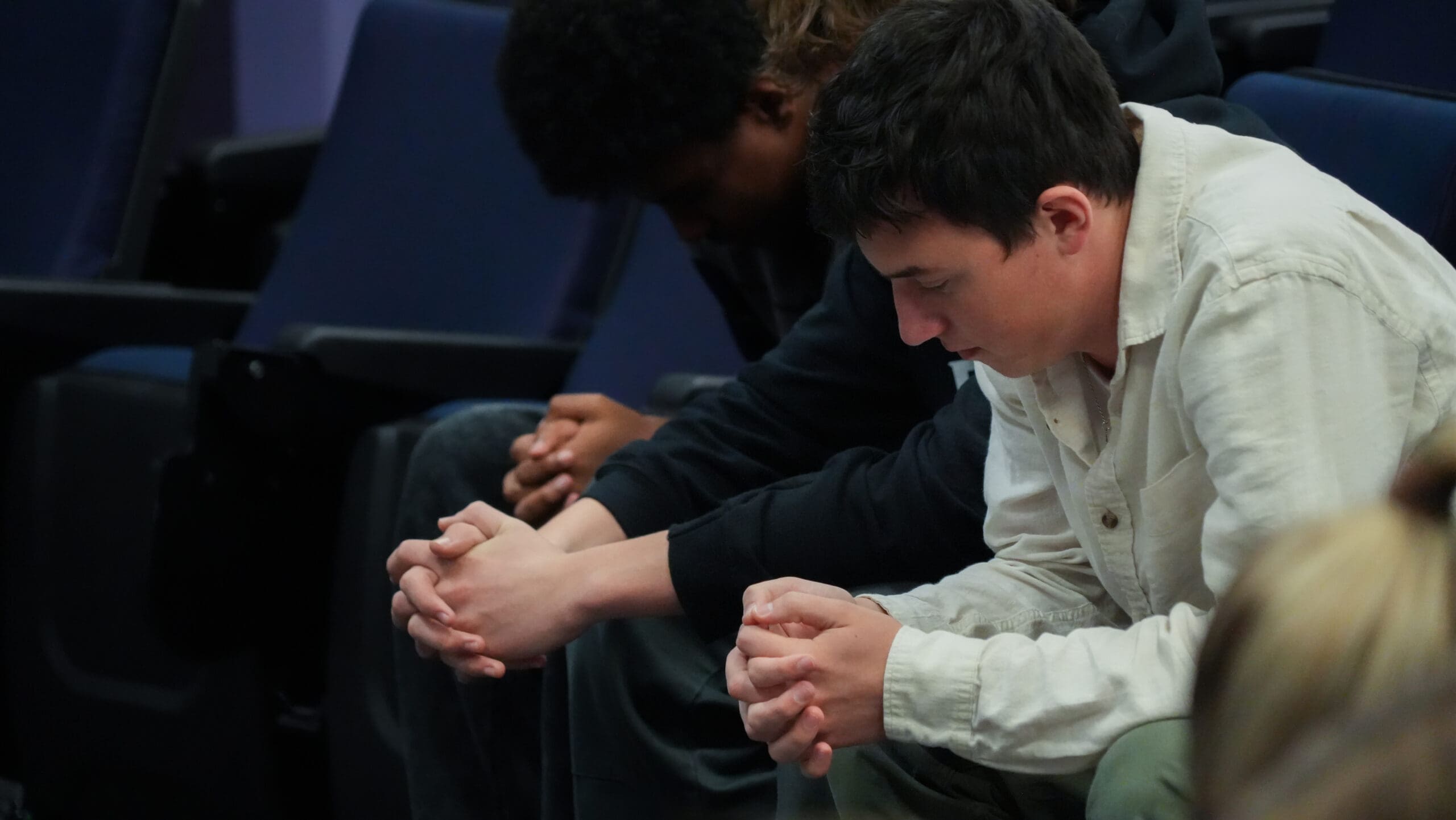Mission
In partnership with the home and church, Portland Christian Schools equips the next generation to grow in faith, excel in learning, and impact the world for Christ.
Vision
To cultivate a thriving learning environment where students own their faith and pursue their potential through the PC Way.
Core Values
At Portland Christian, our core values are more than guiding principles. They are lived convictions that shape our community and create a culture of Christ-centered excellence. To be a Portland Christian Royal is to live these values with intention:

Love Like Christ
We reflect Christ’s love by showing kindness, compassion, and respect in every relationship.
For faculty & staff:
Treat colleagues, students, and families with care and respect; model healthy relationships.
For students:
Show kindness to peers, teachers, and others inside and outside school.
For parents:
Interact with teachers, staff, and families respectfully; foster a supportive home environment.

Walk in Wisdom
We make decisions guided by God’s Word, seeking understanding and living faithfully.
For faculty & staff:
Lead with discernment in teaching, leadership, and decision-making.
For students:
Think critically, make good choices, and seek guidance when needed.
For parents:
Support wise decision-making at home and partner thoughtfully with the school.

Strive for Excellence
We honor God by giving our best effort in every responsibility and pursuit.
For faculty & staff:
Prepare well, teach effectively, and continually grow in professional practice.
For students:
Put forth your best effort in learning, activities, and personal growth.
For parents:
Support your child’s learning and model commitment to doing your best at home, work, and community life.

Put Community First
We practice humility and service, placing the needs of others above our own.
For faculty & staff:
Collaborate as a team and serve the school community with humility.
For students:
Respect classmates, help others, and contribute positively to school life.
For parents:
Partner with teachers and families, volunteering time and energy where possible.

Lead for Impact
We use our influence to advance God’s Kingdom and bring lasting good to the world.
For faculty & staff:
Equip and inspire students to use their gifts for meaningful influence.
For students:
Take initiative, set a positive example, and look for ways to serve beyond yourself.
For parents:
Model leadership through service at home, church, and community, supporting your child’s growth into influence.


